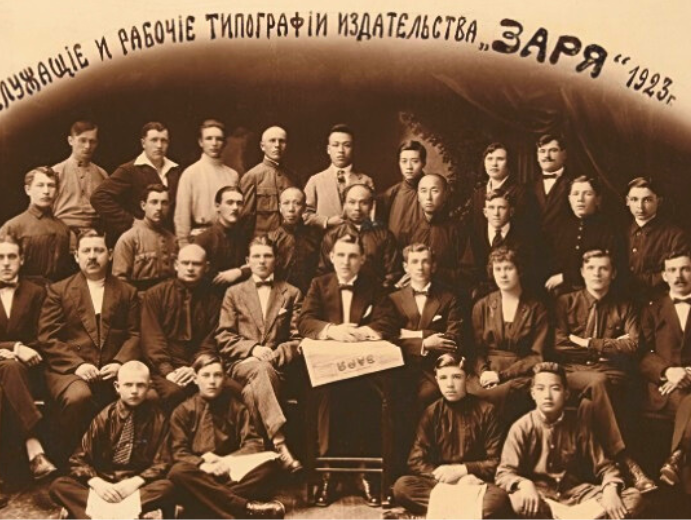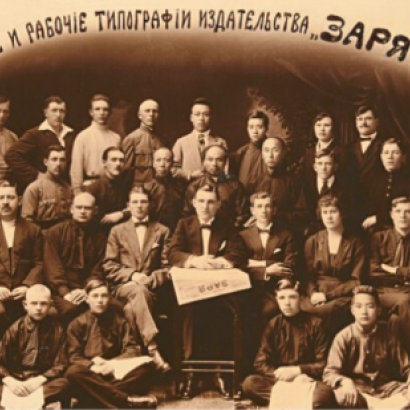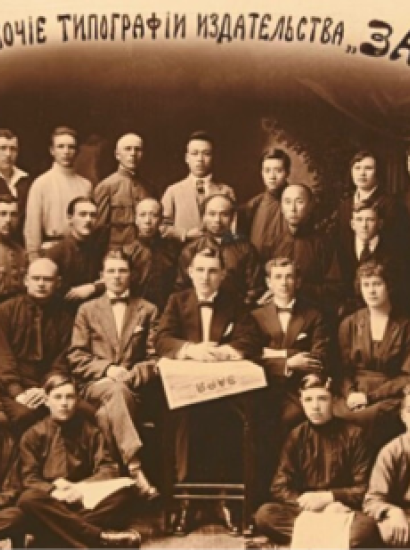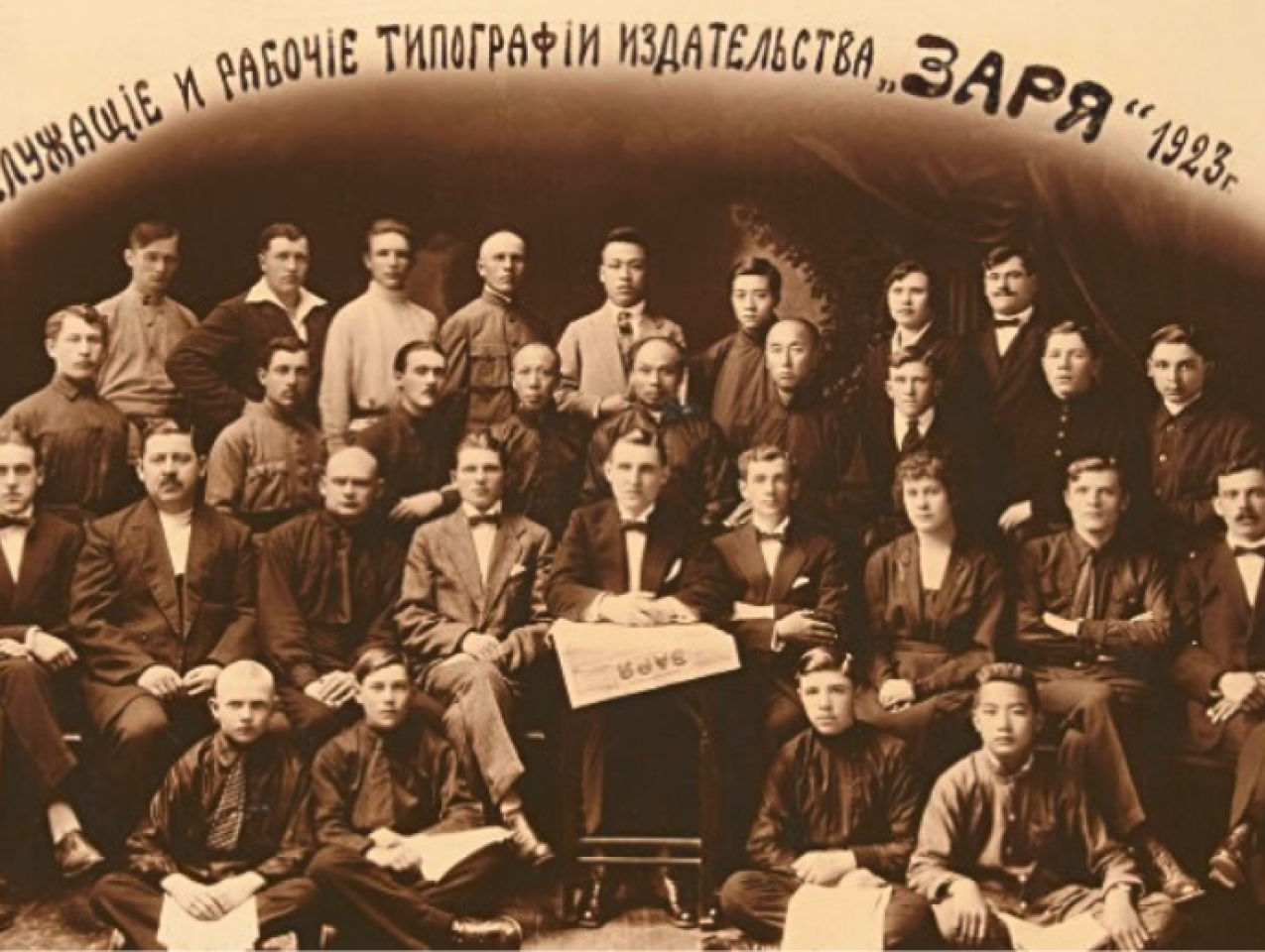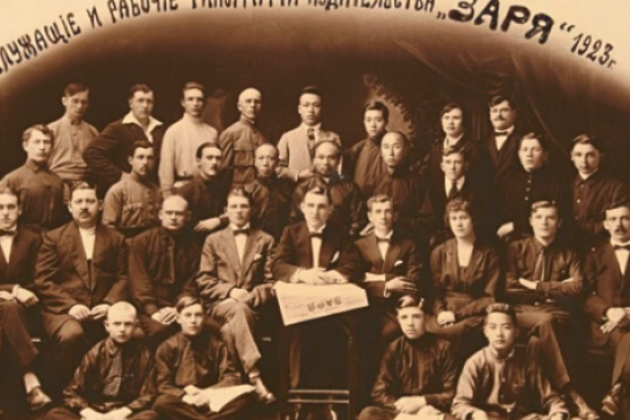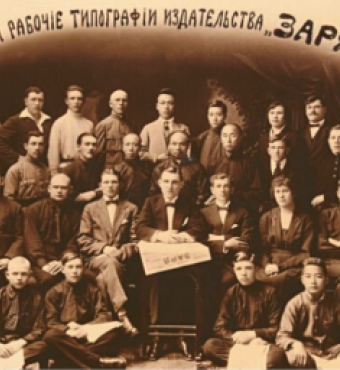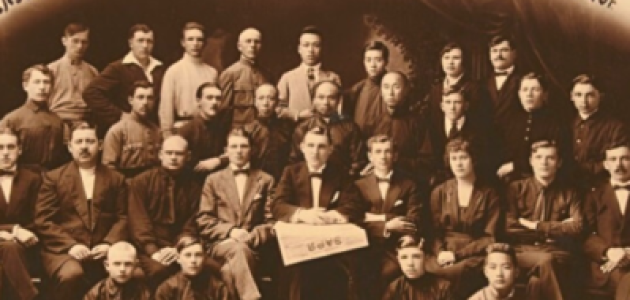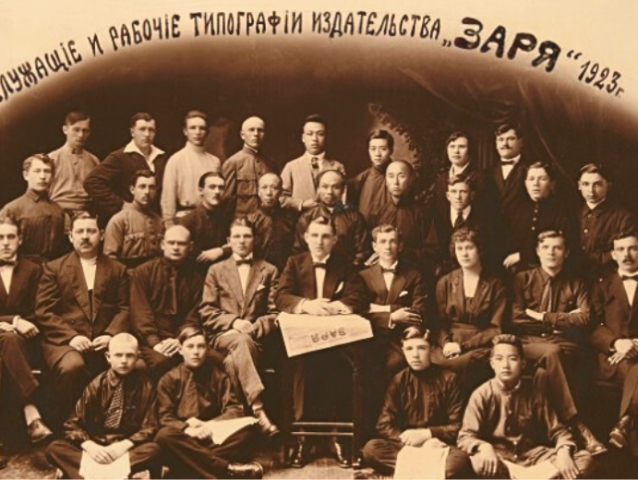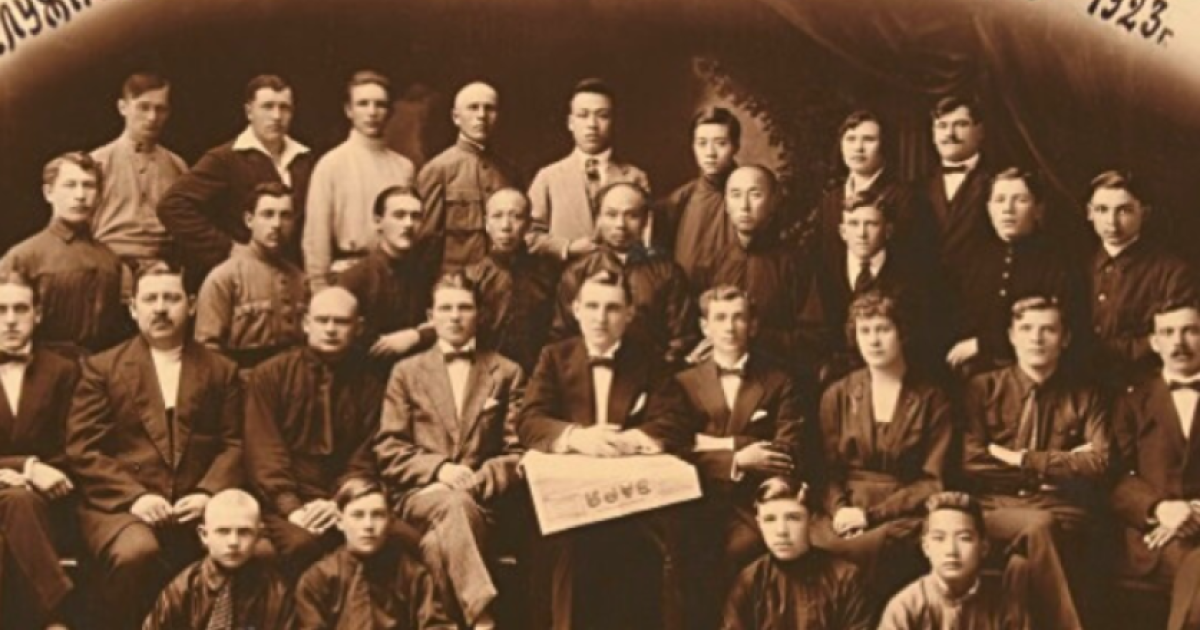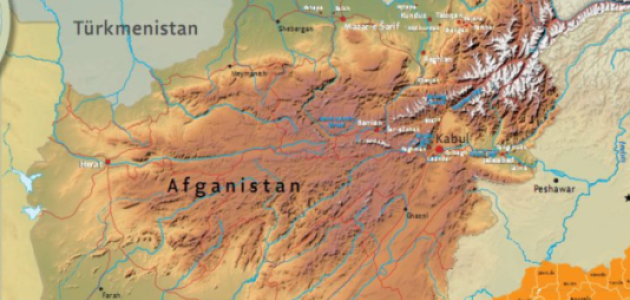Hoover Institution (Stanford, CA) - The Hoover Institution Library & Archives has launched its Russia Abroad Digital Collection (RADC), an online, open access platform that provides a global gateway to digitized newspapers of the Russian diaspora between 1917-1992.
The RADC project intends to digitize all available Russian language newspapers and enable worldwide research of their contents. In its final form, the RADC site will include nearly 300 titles from up to 30 different countries. The RADC is a companion project to the Hoover Institution Japanese Diaspora Initiative’s Hoji Shinbun project, which is the largest open access source for digitized Japanese newspapers.
Eric Wakin, Everett and Jane Hauck Director of the Hoover Institution Library & Archives, is “honored to launch the RADC, which delivers a free and virtual portal into the historical record of Russian-speaking diaspora through the newspapers they published across the world.”
Newspapers in the RADC originated from the various host countries where Russian émigrés settled and refugee communities formed. Publications currently included were printed in Argentina, Bulgaria, China, Estonia, Finland, France, Georgia, Germany, Latvia, The Netherlands, Philippines, Poland, Romania, Serbia and the United States, with the list continuing to grow.
“Newspapers are a notoriously difficult medium to use in research: poor-quality paper, light ink, and a lack of indexing makes them difficult to handle, not to mention the fact that century-old newsprint is fragile and crumbling” explained Anatol Shmelev, Hoover Institution Research Fellow and Robert Conquest Curator for Russia, Ukraine, and Eurasia.
“Technology now allows us to not only to scan the original for preservation, but to process the print for searchability and streamline access to its content.”
The RADC is a highly valuable resource to scholars and researchers because it allows access to émigré newspapers on one searchable platform, eliminating the need to visit the physical locations of repositories. The ongoing war illuminates how the project is as timely as it is valuable, helping scholars and the public alike to overcome challenges to conducting research in Russian and Ukrainian archives and libraries.
This site benefits all who are interested to explore its riches: historians will find memoirs, polemics and first-person accounts of events; literary scholars will find writings by prominent writers previously unknown or forgotten; genealogists will get access to obituaries, birth and death notices, lists of passengers and other biographical data.
The RADC initiative is made possible by the generous support of John Stephan, professor emeritus of Russian Japanese history at the University of Hawai’i at Manoa, and a specialist on the Russian Far East and the Russian émigré community. Professor Stephan has long mined newspaper collections in various languages for research purposes with a vision for making them broadly accessible to scholars. Professor Stephan’s work includes The Russian Far East: A History (Stanford); Hawaii under the Rising Sun: Japan’s Plans for Conquest after Pearl Harbor (University of Hawai’i Press); The Russian Fascists: Tragedy and Farce in Exile, 1925-1945 (Harper & Row); The Kuril Islands: Russo-Japanese Frontier in the Pacific (Oxford); and Sakhalin: A History (Oxford).
The Hoover Institution Library & Archives is proud to realize his vision by pioneering this landmark repository and allowing free, fully searchable, and unrestricted access to more than half a million pages covering 100+ titles from 15 countries.
Vladimir von Tsurikov, the Russian Diaspora Initiative Project Leader, reflects on the uniqueness of this resource and highlights that it offers researchers “access to the most important publications, as well as rare and unique titles, previously not accessible outside of their physical locations.”
The creation and maintenance of such a comprehensive platform requires cooperation between entities within the United States and beyond. To that end, the Hoover Institution Library & Archives is building coalitions with other repositories, and is currently partnering with Russian Life, The Latvian National Library, The National Library of Estonia, The New York Public Library, and The Slavonic Library of the National Library of the Czech Republic to feature their rare materials.
The Hoover Institution Library & Archives team invites students, scholars, and anyone interested in modern world history to explore the RADC here.
For more information, contact Vladimir von Tsurikov (tsurikov@stanford.edu), Russian Diaspora Initiative Project Leader at the Hoover Institution Library & Archives.




